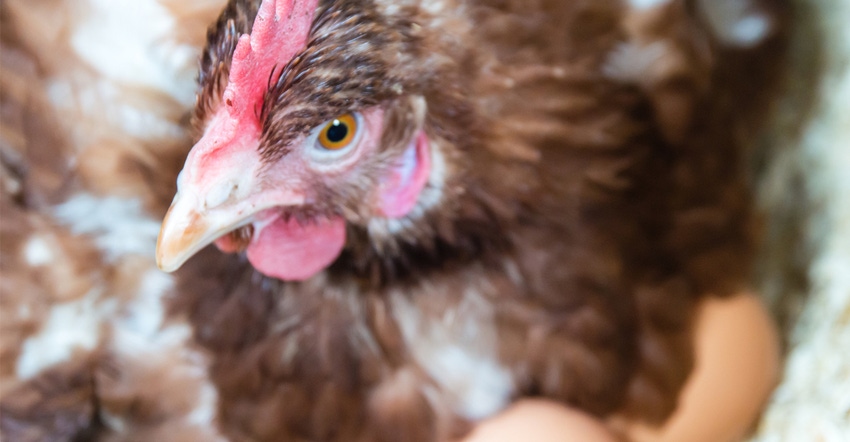January 15, 2018

Despite past lower federal court rejections, 15 states have petitioned the U.S. Supreme Court to hear their cases against animal welfare laws in California and Massachusetts. In December 2017, multiple state attorneys general joined together to bring two separate petitions before the SCOTUS, according to Ross Pifer, director of the Penn State Center for Agricultural and Shale Law.
Case against California
On Dec. 4, attorneys general from Alabama, Arkansas, Indiana, Iowa, Louisiana, Missouri, Nebraska, Nevada, North Dakota, Oklahoma, Texas, Utah and Wisconsin petitioned SCOTUS to block California's egg law. Enacted in 2008 as Proposition 2 and later modified, the California law requires that eggs sold in the state may come only from laying-hens that are permitted the ability to lie down, stand up, fully extend their limbs and turn around freely. The attorneys general asserted that the law violates the Commerce Clause because eggs are a basic food staple. They also documented that California's action has cost U.S. consumers an additional $350.7 million per year.
Case against Massachusetts
On Dec. 11, attorneys general from Indiana, Alabama, Arkansas, Louisiana, Missouri, Nebraska, North Dakota, Oklahoma, South Carolina, Texas, Utah, West Virginia and Wisconsin petitioned SCOTUS challenging Massachusetts’ Prevention of Farm Animal Cruelty Act. PFACA prohibits the sale in Massachusetts of any product derived from poultry, hogs and calves where the animal was not housed according to Massachusetts standards. The petition alleged this action was an attempt to regulate farming in other states and thereby violates the Commerce Clause.
There’s no confirmation, at this point, whether SCOTUS will hear the cases. In the past, lower courts rejected similar cases on the grounds that California’s animal welfare law did not impact other states.
Source: Penn State Agricultural Law Brief
You May Also Like




